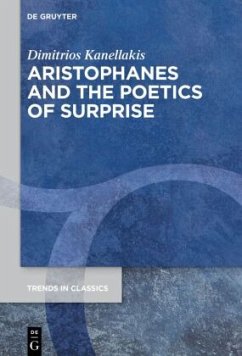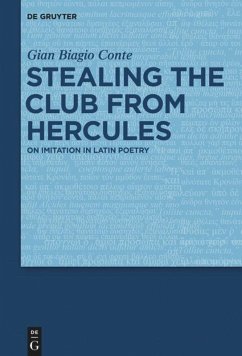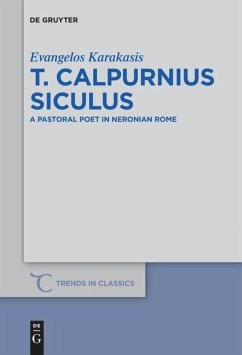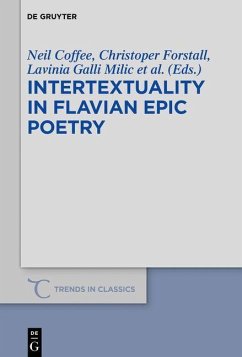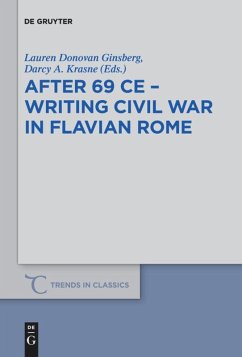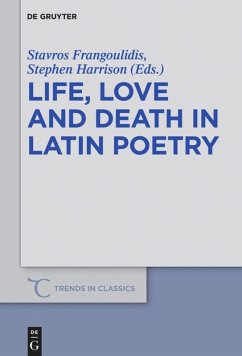Nicht lieferbar
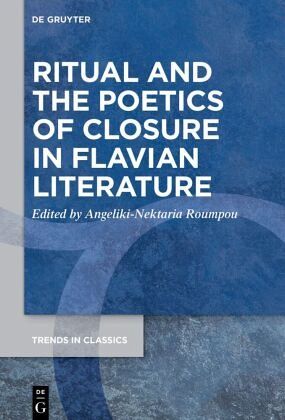
Ritual and the Poetics of Closure in Flavian Literature
Versandkostenfrei!
Nicht lieferbar
This collection of papers responds to the question of whether a ritual at the end of a text can offer resolution and order or rather a complicated kind of closure. It reveals that ritual can bring but also can thwart closure by alluding to new beginnings. A ritual could be a perfect kind of ending but it hardly ever seems to be. In Flavian literature this is even more apparent because of the complicated political background under which these texts were produced. Ancient religious practices in the closing sections of Flavian texts help us create connections between endings and (new) beginnings,...
This collection of papers responds to the question of whether a ritual at the end of a text can offer resolution and order or rather a complicated kind of closure. It reveals that ritual can bring but also can thwart closure by alluding to new beginnings. A ritual could be a perfect kind of ending but it hardly ever seems to be. In Flavian literature this is even more apparent because of the complicated political background under which these texts were produced. Ancient religious practices in the closing sections of Flavian texts help us create connections between endings and (new) beginnings, order and disorder, binding and loosening, structure and dissolution which reflects the structure of the Empire in Flavian Rome. Overall, this volume offers a new tool for studying literary endings through ritual, which promotes our understanding of Flavian culture and politics as well as creating a new perception of the use of religion and ritual in Flavian literature: instead of giving a sense of closure, this volume argues that ritual is a medium to increase complexity, to expose ritual actors and to project a generic riskiness of ritual actors also onto the epic actors who are acting before and mostly after a ritual scene.






